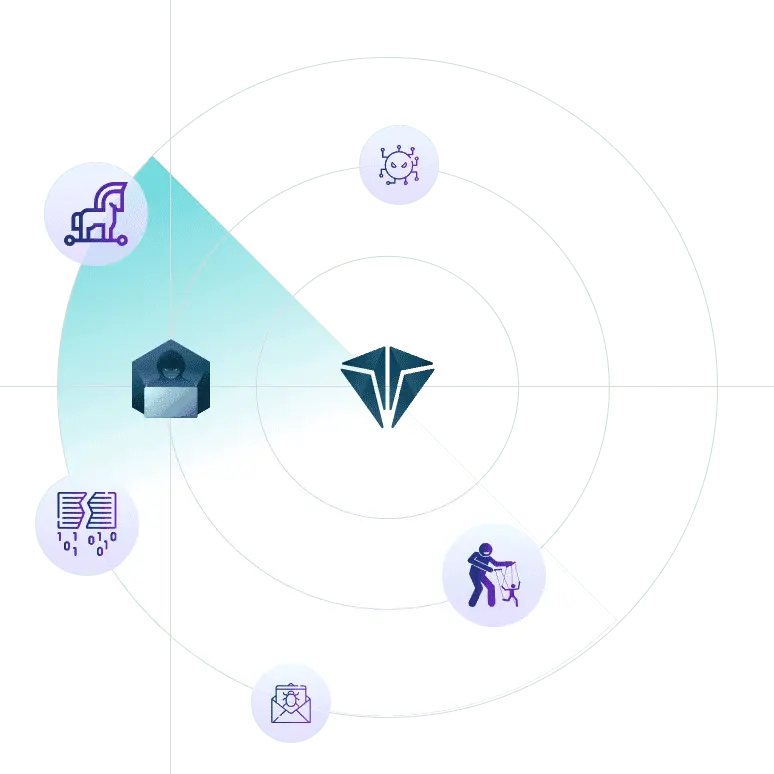Privia Security was chosen as one of Türkiye's fastest growing companies!
The best defense is knowing the attacker’s tactics!
Discover what sets our services apart.
Offensive Security Services
Powerful Solutions in Cyber Security
Be Prepared for Threats
Threat Detection and Prevention Solutions
Intrusion Detection and Prevention Solutions Vulnerability Management SolutionsSecurity Event Management Solutions
Security Information and Event Management (SIEM) Solutions Security Orchestration, Automation, and Response (SOAR) SolutionsData Security Solutions
Data Loss Prevention (DLP) SolutionsIdentity and Access Management (IAM) Solutions
Multi-Factor Authentication (2FA) SolutionsEndpoint Security Solutions
Endpoint SecurityPrivia Security
Explore Our Cyber Security Products
Gain Expertise in Cybersecurity
Discover our cyber security trainings now.
Penetration Testing and Security Training Services
Penetration Testing (Pentest) Training White Hat Hacker Training DDoS Attacks and Mitigation Techniques Training Wireless Network Security and Penetration Testing TrainingApplication and System Security Training
Web Application Security Training Advanced MSSQL Security Training IIS Security and Secure Hardening Training Linux 101 LPI Training Kali Linux 101 TrainingSecurity Management and Monitoring Training
Centralized Security Monitoring and Incident Management Training Intrusion Detection and Log Management TrainingSocial Engineering and Security Awareness Training
Social Engineering Awareness Training Information Security Awareness Training Executive Security Awareness TrainingCryptology and Cyber Attack Techniques Training
Modern Cryptology TrainingE-Book:
Obtaining NTLM Hash Values Without Interfering with LSASS
Webinars
Join our interactive seminars to stay up to date with the latest developments and strategies in cybersecurity.
Reports & E-Books
Gain in-depth insights into the world of cybersecurity with detailed reports and comprehensive e-books prepared by Privia Security experts.
Blog
Explore our blog posts filled with cybersecurity trends, tips, and in-depth analysis.
Deloitte Achievement Award
Privia Security Ranked Among Turkey’s Top 50!
About Us
At Privia Security, we are committed to meeting your business’s cybersecurity needs at the highest level. Get to know us better.
Careers
Shape your career in cybersecurity. Join Privia Security and become part of a team that defines the technologies of the future.
Latest News
Follow the latest developments in the cybersecurity world and discover Privia Security’s success stories here.
Contact
Get in touch with us to safeguard your business with our cybersecurity solutions.





